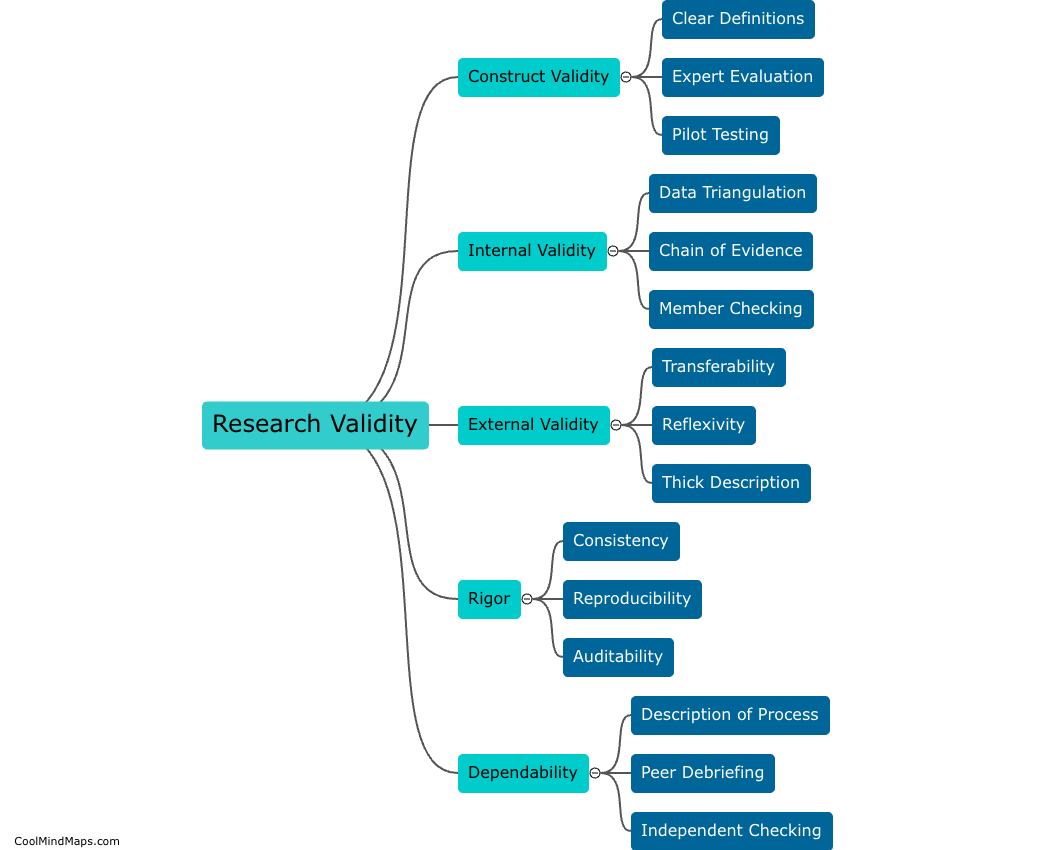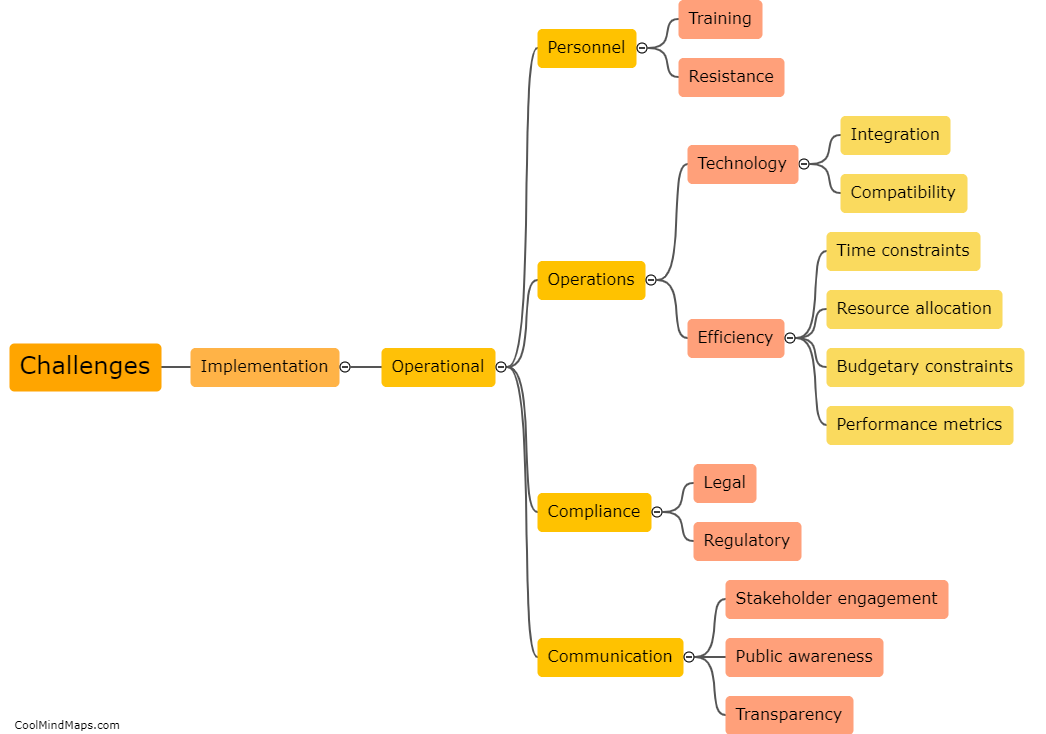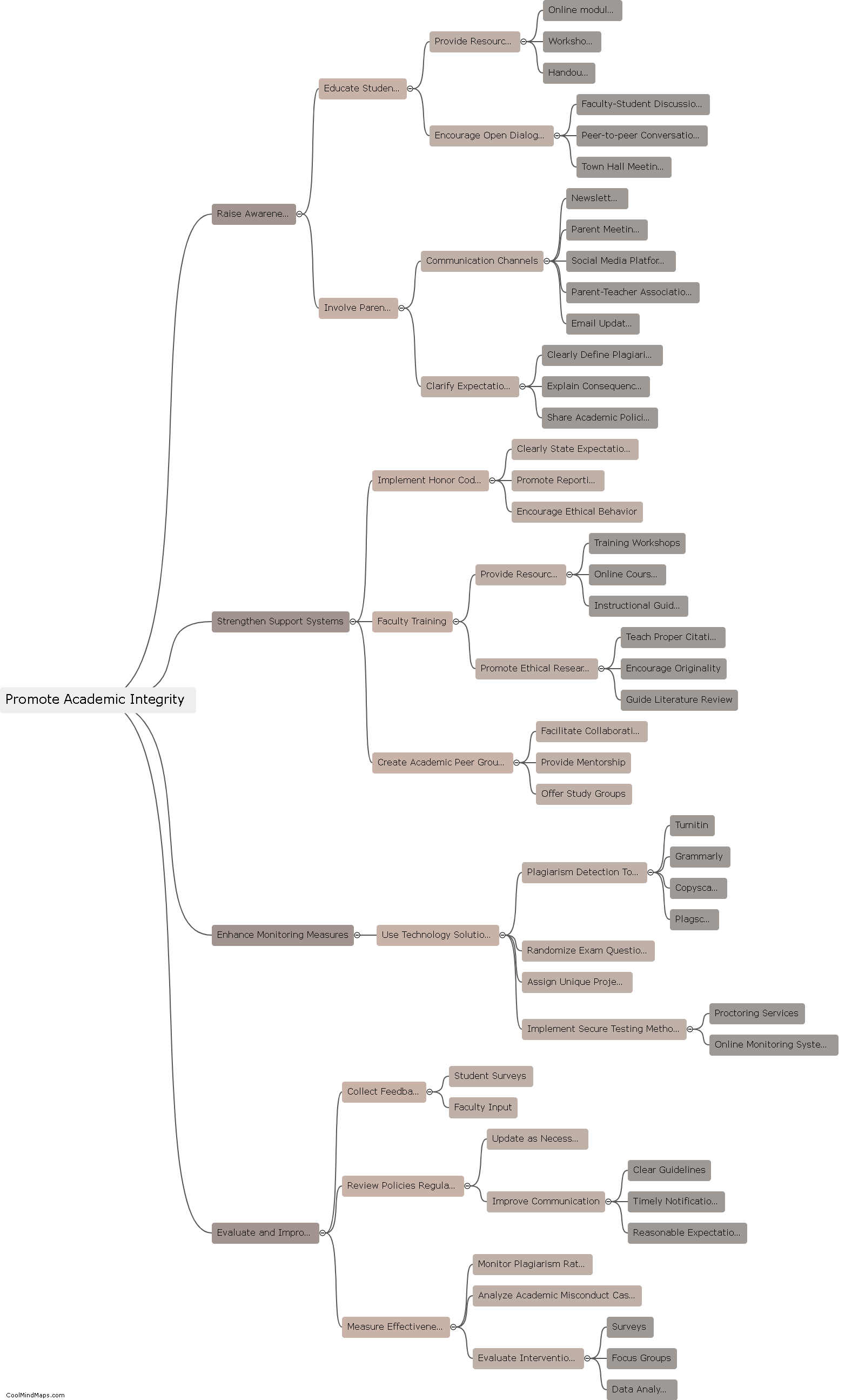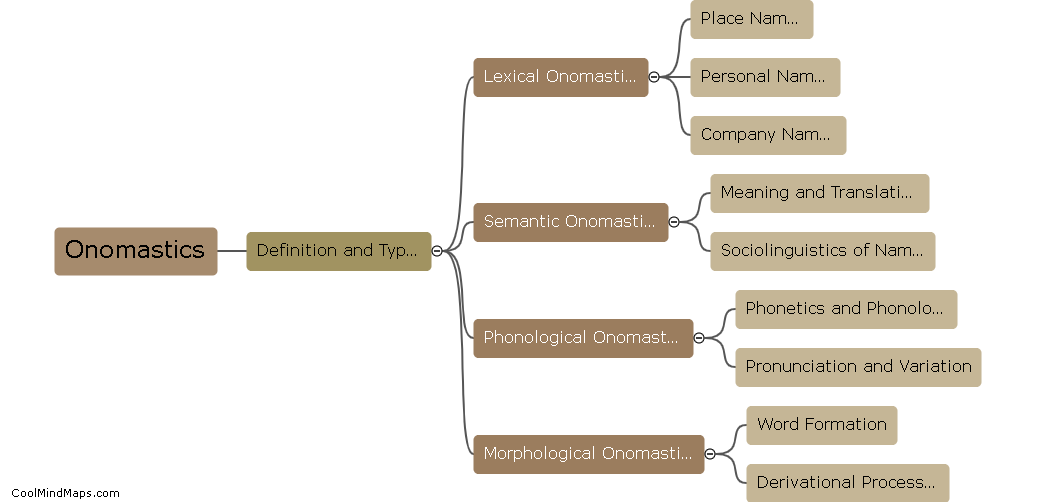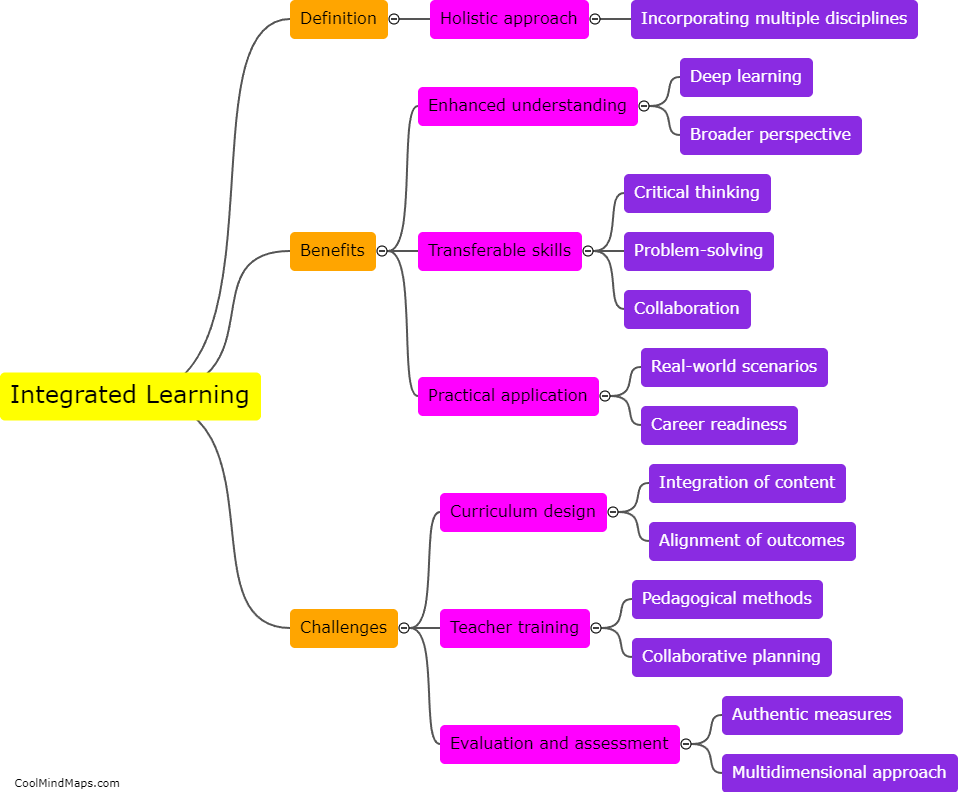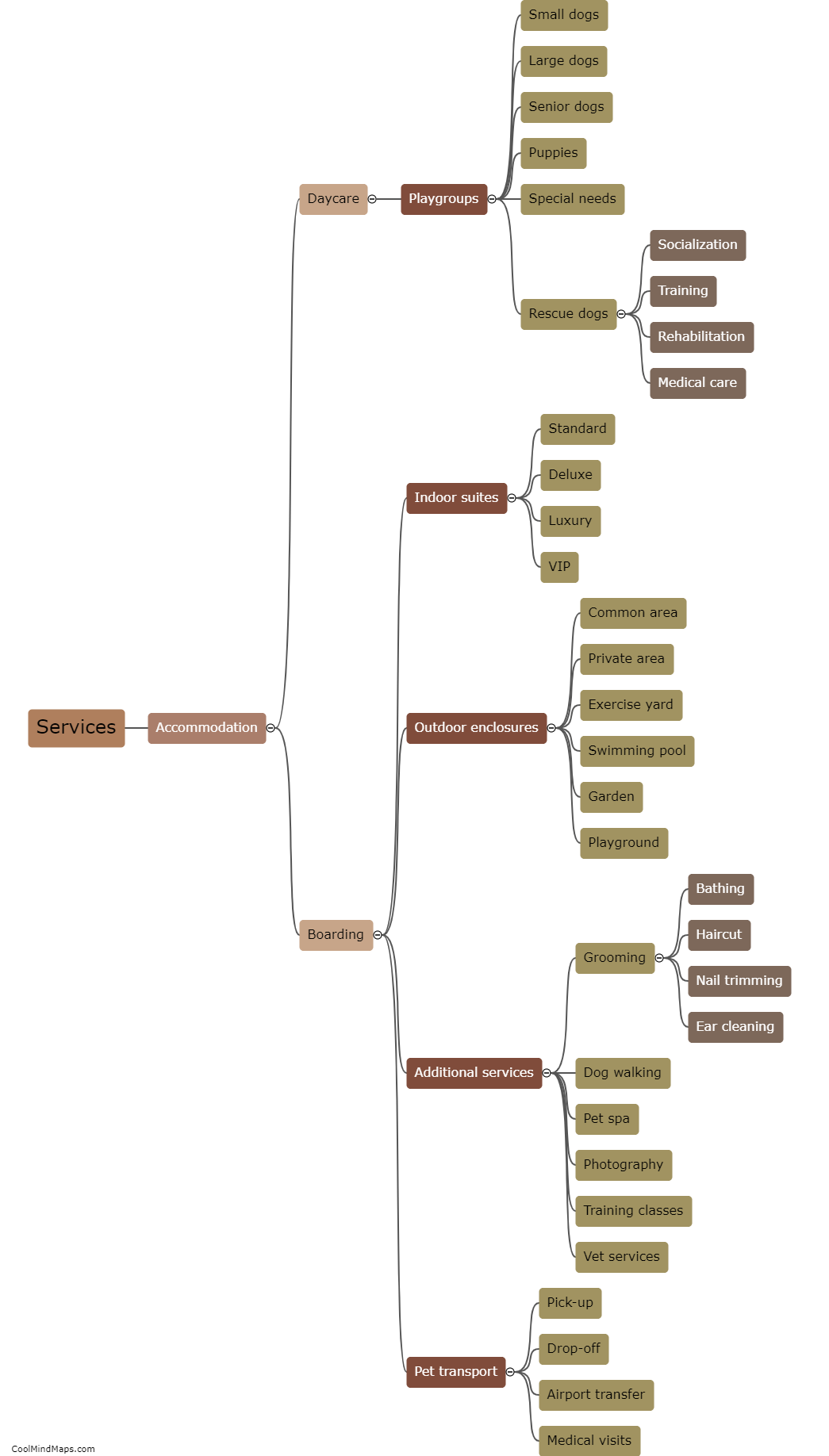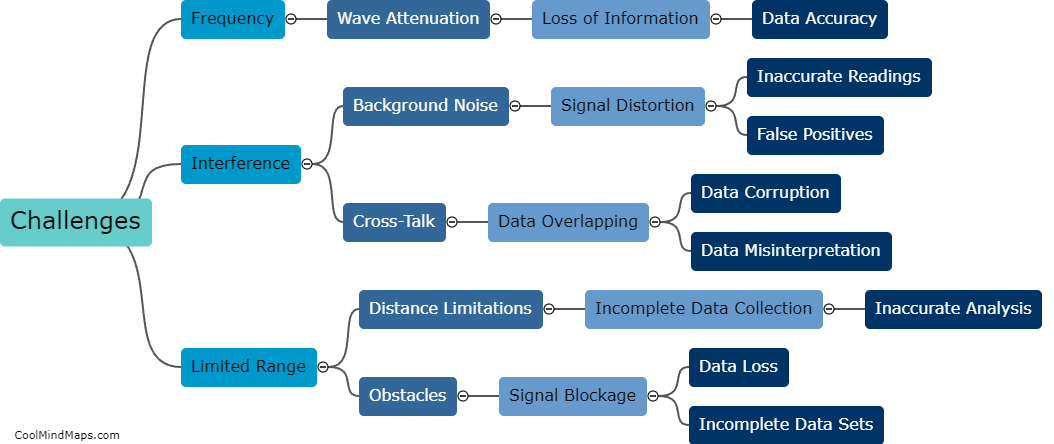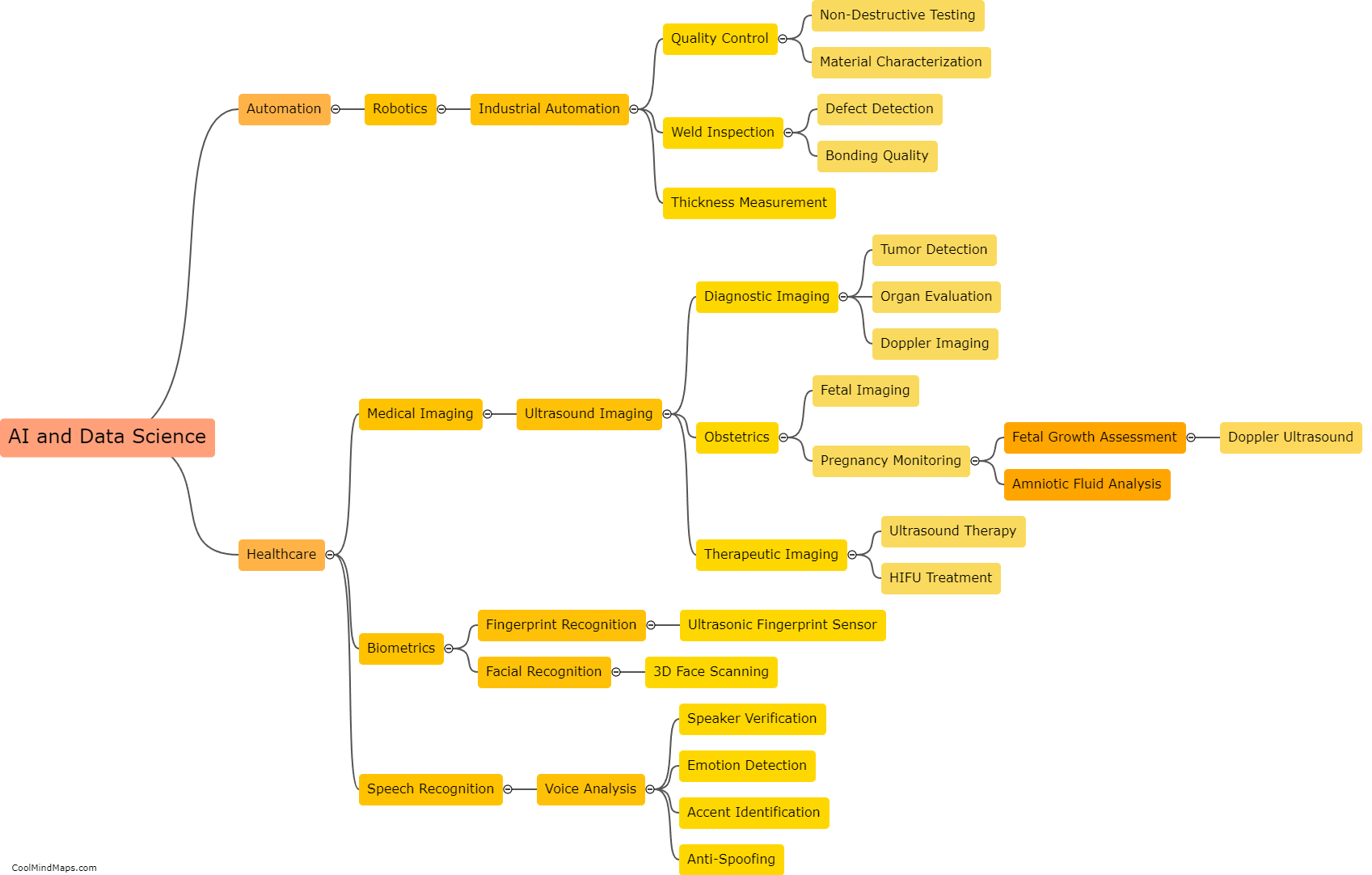What are the consequences of water scarcity?
Water scarcity has numerous detrimental consequences that impact both the environment and society. Firstly, ecosystems and biodiversity suffer as reduced water availability disrupts natural habitats and threatens the survival of various species. Secondly, agriculture, a major water user, is severely affected, leading to crop failure, reduced food production, and increased food prices. Additionally, water scarcity leads to a decline in sanitation and hygiene, increasing the risk of waterborne diseases. It also hinders economic development, as industries reliant on water face constraints, resulting in job losses and economic instability. Lastly, water scarcity can escalate social conflicts and geopolitical tensions, particularly in regions where water sources are shared across borders. Overall, the consequences of water scarcity encompass ecological, economic, social, and political dimensions, highlighting the urgent need for sustainable water management practices.
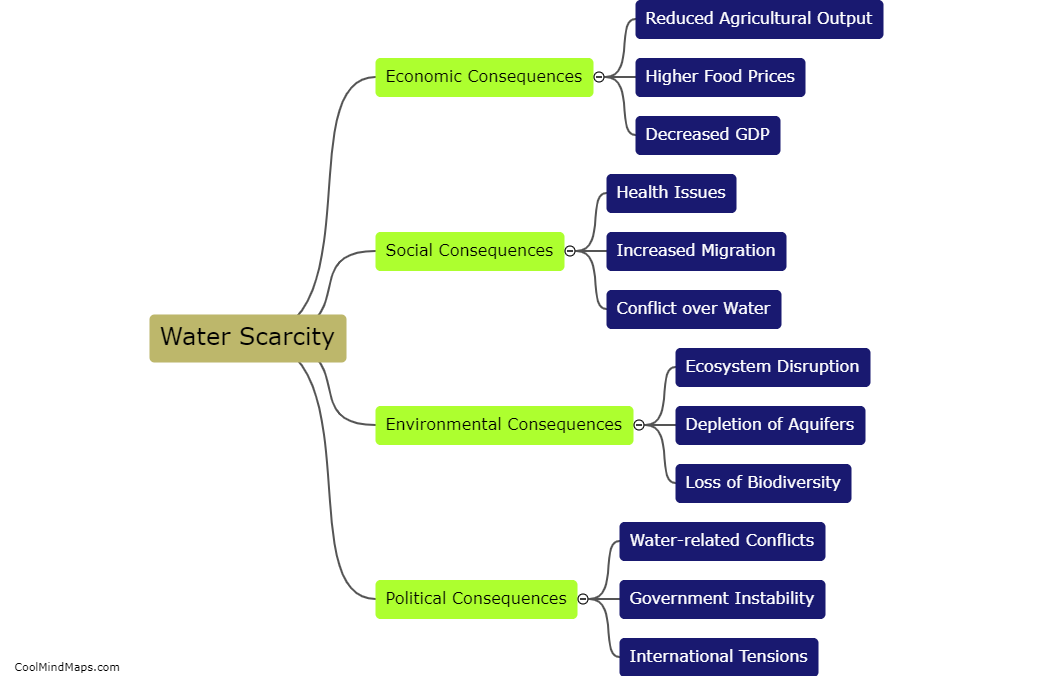
This mind map was published on 26 October 2023 and has been viewed 94 times.


